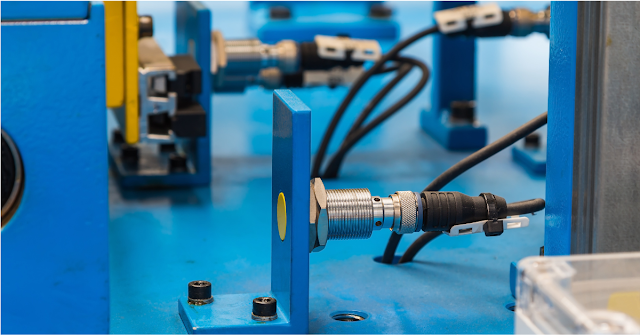What is an MCB (Miniature Circuit Breaker)?
An MCB protects electrical circuits from overcurrent due to overload or short circuit. It automatically switches off the electrical circuit during abnormal conditions. MCBs are widely used in residential, commercial, and industrial installations.
Key Features:
-
Protects against overload and short circuit
-
Quick response
-
Can be manually reset
What is an RCD (Residual Current Device)?
An RCD, also known as an Earth Leakage Circuit Breaker (ELCB), is designed to prevent electric shock. It disconnects the circuit if it detects an imbalance between the live and neutral wires—indicating current leakage to the ground.
Key Features:
-
Protects against electric shock
-
Detects leakage current (typically >30mA)
-
Life-saving device in domestic installations
What is an RCBO (Residual Current Breaker with Overcurrent)?
An RCBO combines the functions of an MCB and an RCD. It provides dual protection against both overcurrent and earth leakage in a single device, making it ideal for individual circuit protection.
Key Features:
-
Compact and space-saving
-
Combines overload and leakage protection
-
Used in high-risk or sensitive installations
Conclusion
Understanding the differences between MCB, RCD, and RCBO is essential for ensuring the safety and reliability of electrical systems. Whether you’re working in industrial automation, residential wiring, or commercial setups, using the right protective device can prevent accidents and save lives.







0 Comments